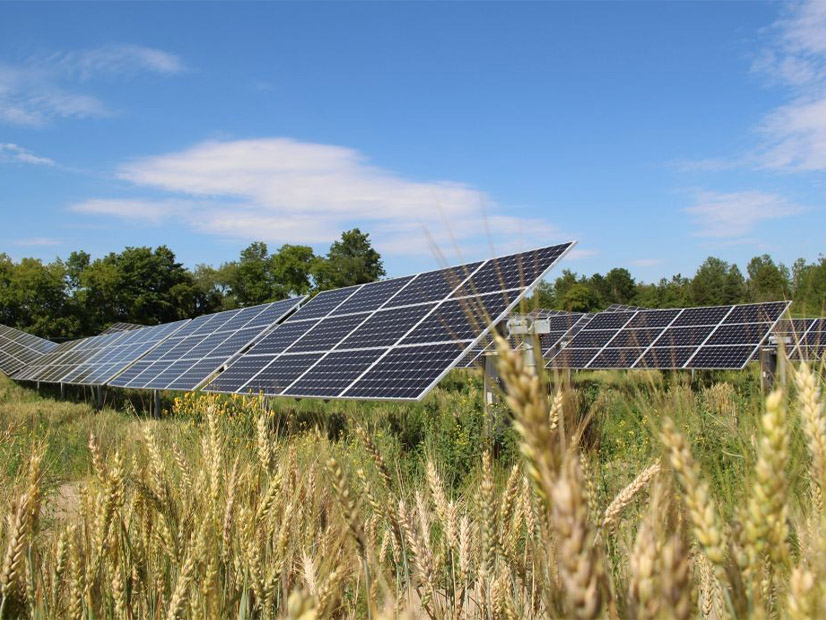MISO confirmed Jan. 30 it likely will try again with FERC in the third quarter to apply an annual megawatt cap to its interconnection queue.
FERC in December denied MISO’s request to annually cap submittals to its interconnection queue on concerns over too many cap exemptions, the formula to establish the cap and potential resource adequacy deficits from limiting new generation onto the grid. (See FERC Rejects MW Cap, Approves MISO’s Other Stricter Interconnection Queue Rules.)
MISO said it will apply the rules FERC did approve to the 2023 cycle of project requests, which has been on pause since last year for FERC’s decision on the package of more stringent interconnection requirements. The new rules include increased entry fees, an automatic penalty schedule for withdrawing projects and added proof that developers have secured locations for projects.
MISO said it will belatedly open its 2023 queue cycle project window on March 18 and close it on April 18. That cluster of projects will not be subject to a megawatt cap. Currently, the RTO’s online generator interconnection portal remains closed to new applications.
MISO hasn’t abandoned the idea of a megawatt cap on future queue cycles. The grid operator plans to again propose a megawatt cap that first could apply to the 2024 class of projects.
Aneta Godbole of MISO’s resource utilization team said FERC “provided good guidance that MISO will use in its future refiling efforts.”
“MISO will come back to the stakeholders once it is ready for further discussion,” Godbole said of a second cap filing during a Jan. 30 teleconference of the Interconnection Process Working Group.
At this point, the RTO intends to begin processing both a 2023 and 2024 cycle of generation project requests this year. It said if all goes to plan, it could place the 2024 queue cycle deadline at the end of the year.
“MISO is anticipating two cycles in 2024, but it depends on our work to reduce the backlog, the size of the 2023 cycle, the cap filing and approval of the” long-range transmission plan (LRTP) and the MISO-SPP Joint Targeted Interconnection Queue (JTIQ) transmission portfolios, Godbole said. MISO previously said the regional LRTP and the interregional JTIQ will help support new generation interconnections.
Additionally, MISO said either its 2024 or 2025 class of project requests will be the first to proceed under FERC’s Order 2023 queue requirements, depending on the final effective date.
Some stakeholders were incredulous that MISO could handle the workload of two queue cycles in a single year given the uptick in project submittals.
“There are a lot of factors on when we hold the next queue cycle,” MISO’s Andy Witmeier added. He said the RTO wants to be transparent about which factors it foresees dictating when it can open a 2024 queue cycle.
At the Jan. 24 Planning Advisory Committee, Witmeier called a megawatt cap a “vital tool.” He also said MISO won’t file to apply a megawatt cap retroactively to projects in the queue.




